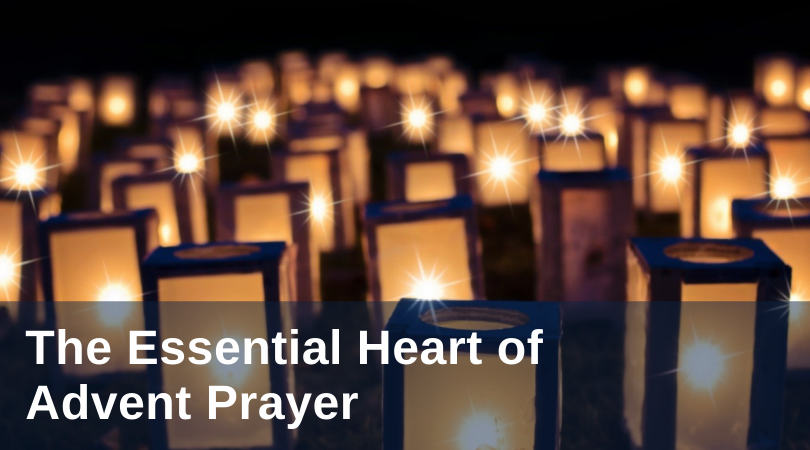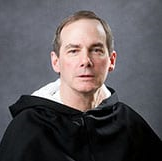
The weather fit the day. Banks of low, grey, rippled clouds that foretold the rain and chill to come. Bare branches, their bark exposed, and the dry, brittle leaves that had once shown bright now crunching underfoot. Late November in New England and the feast of Christ the King, 2020.
“It was cloudy and dark,” said Ezekiel in the first reading, and we, the “sheep,” scattered, lost, and strayed. Some of us sick and injured, he added, and all of us in need of binding and healing of wounds. How apt for a nation rent by a long, bitter, and divisive political season. Apt, too, for a world in the grip of a virus that has rendered us contagious, literally, and by virtue of our fear. Fearing the loss of loved ones, a job, a way of life, indeed, our very lives, we attended with anxious urgency St. Paul’s assurance that death, our last enemy, will, in fact, be destroyed.
We leaned into Advent this year more acutely aware of how vulnerable and needy we are, and in doing so exercised a degree of humility that is rarely our wont. The late Trappist monk Andre Louf was right when he wrote that before humility is a virtue it is first a condition. It is only when we have run aground, been tripped up by life or our own folly and find ourselves face down, incapable of raising ourselves, that we learn how to pray that most basic of prayers, “help,” as writer Annie Lamont put it.
Prayer in this time of pandemic and uncertainty is both an easy and a difficult thing. Easy because the inclination to pray is strong, but difficult because anxiety strews our attention, deflecting our thoughts from God and returning them time and again to what we fear. The irony is that if we accept the fact that we are afraid—or angry, lonely, or depressed—our prayer becomes genuine and being genuine, centers us before God. Indeed, that single word, help, says everything necessary to say about the human condition, our need, and everything necessary to believe about God, his beneficence. In this sense the most basic of prayers is also among the most profound.
Yet if our prayer begins with humility it is meant to move on to gratitude and wonder, what Lamont called “thanks” and “wow.”
The first candle of this season, its wavering flame a promise of what is to come, brought a quickening of hope. Now, late in Advent and the wreath ablaze with light, the gratuity of a child’s birth in Bethlehem presses upon us: the sheer graciousness of God beyond any ken or merit of our own. Gratitude is the heart of prayer, wrote David Steindl-Rast, and our passage to happiness. Amidst the drear, grace is unwavering, sustaining and consoling us in ways great and small, awaiting only our notice and response. For life, and love, and faith, a day’s simple joys, we can give thanks and in that simple gesture remind ourselves that even now happiness need not be rare.
The gospel for the fourth Sunday of Advent says that Mary was troubled by the angel’s greeting and left to “ponder” what it might mean. No idle speculation, this, but the stirring of her soul in its very depths, the unearthing of a mystery hidden from eternity now to be revealed, an invitation from the Creator to the creature to participate in the redemption of creation. Wow.
Whatever the final accounting of this year now ending may prove to be, we should not doubt that it was meant to stir our souls. Daily we do well to take stock of our needs, and pray for help. Daily, too, to give thanks for blessings, unearned but freely given, that lighten our burdens and give us hope. Yet we, too, have been entrusted with a mystery and been extended an invitation, obscure though it may be, and like Mary, we must be willing to ponder its meaning. Alone, in silence, over time until such time when, like her and trusting only God’s good will for us, we can say “may it be done to me according to your word.”
Like what you read? Submit your email below to have our newest blogs delivered directly to your inbox each week.
Featured image by Jill Wellington via Pixabay


